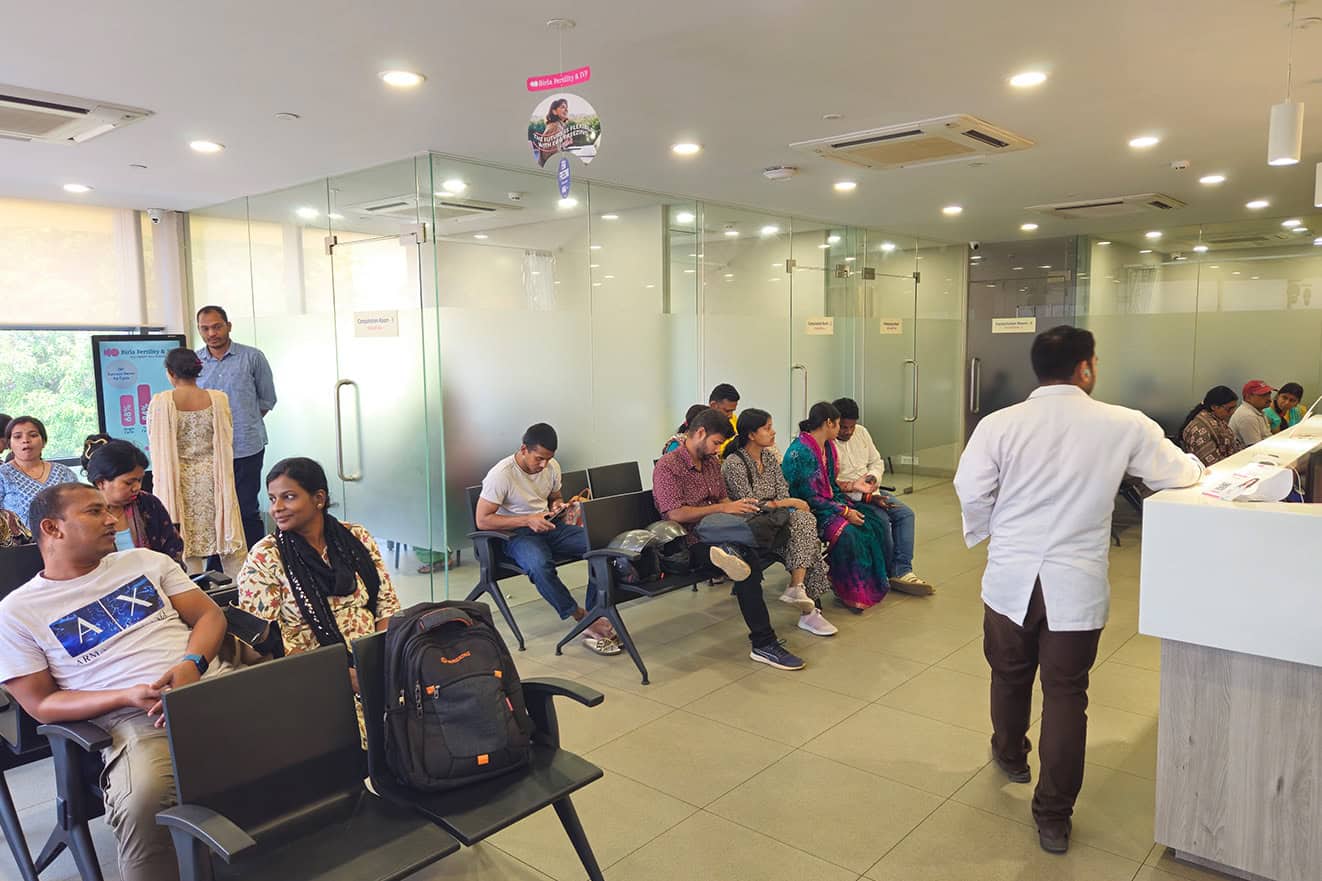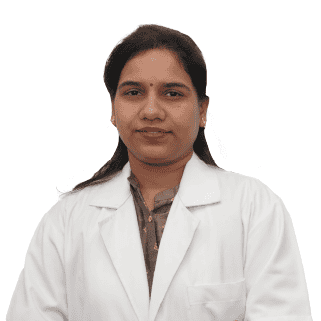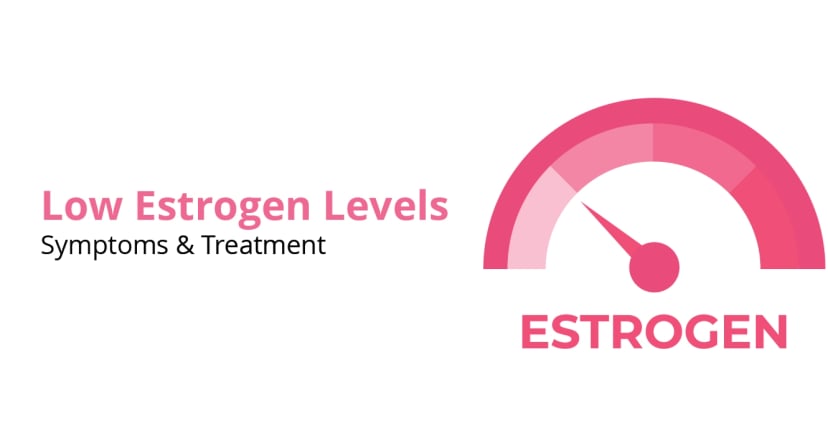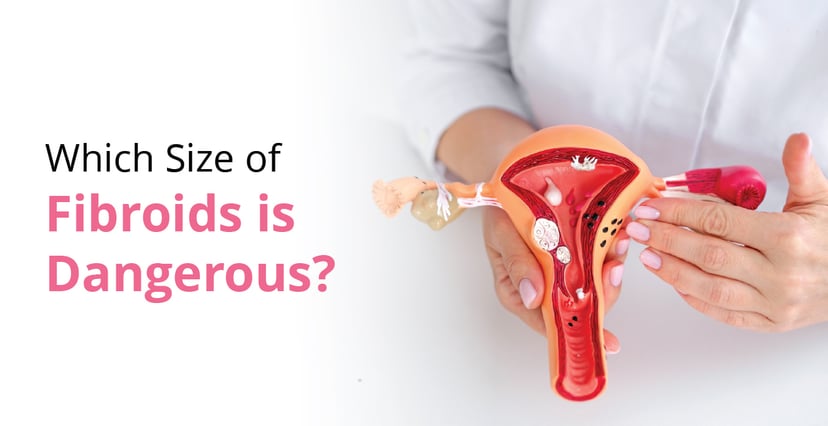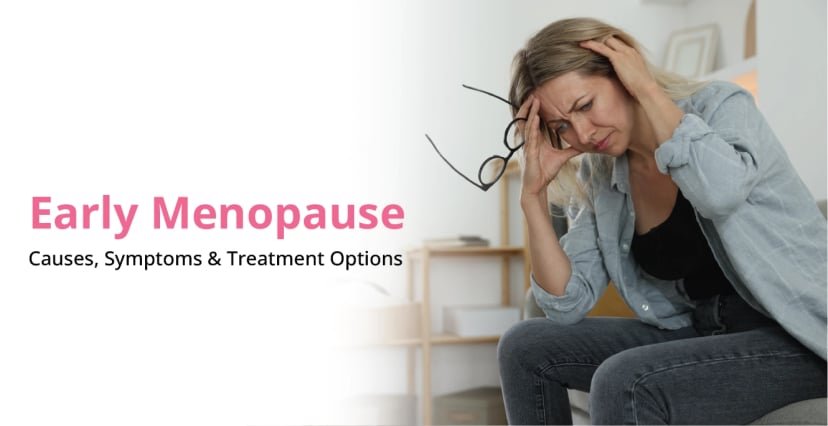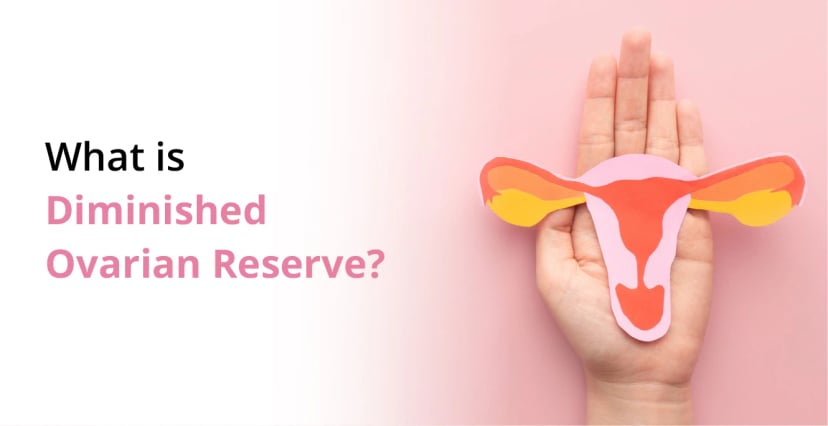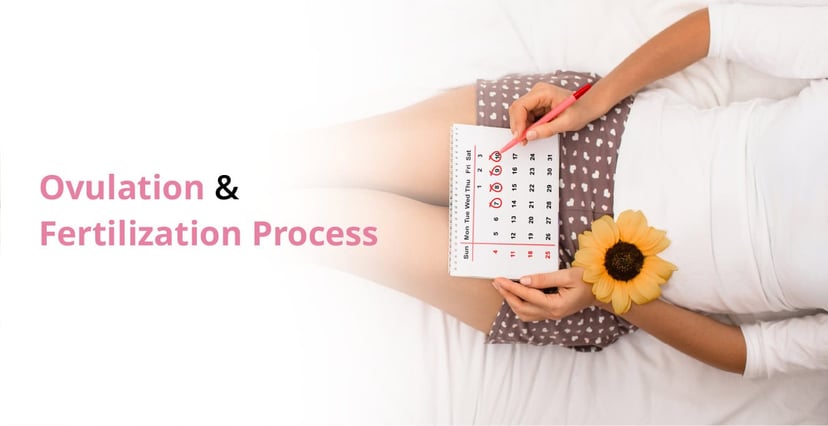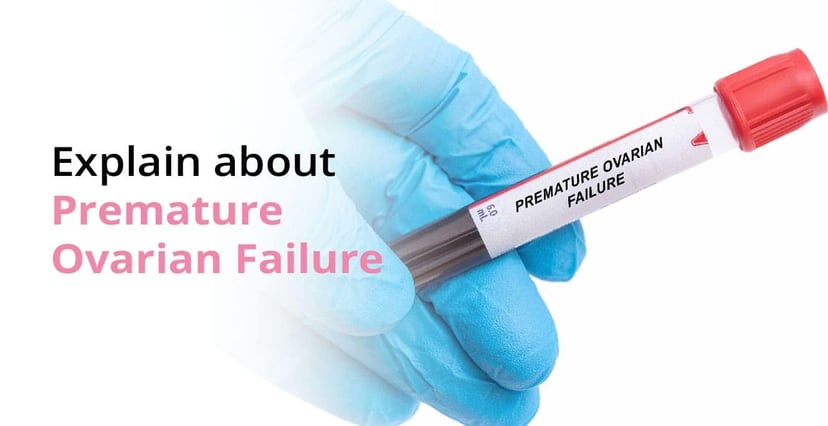Uterine Fibroids Treatment in Bhubaneswar
Book Your Appointment
Your treatment begins with a detailed consultation with our gynaecologist or fertility expert. We discuss your symptoms, such as heavy bleeding, pelvic pain, frequent urination, or difficulty conceiving. Your medical history, menstrual cycle pattern, and reproductive plans are carefully reviewed to understand how fibroids are affecting your health.
Awards & Recognitions
Uterine Fibroids: An Overview
Uterine fibroids are benign growths that develop in or around the uterus. They differ in size and number for different women. Some women remain asymptomatic while others may feel some discomfort. Fibroids are more common in women aged 30 to 50 years and can impact their fertility, menstrual cycle and reproductive health, if they significantly grow in size.
Types of Uterine Fibroids
Basis their location in the uterus, uterine fibroids can be categorised into the following types.
- Intramural Fibroids – These fibroids grow within the muscular wall of the uterus and are the most common type. They can cause heavier periods, pelvic pain, and pressure symptoms as they grow larger.
- Submucosal Fibroids – Located just beneath the inner lining of the uterus, these fibroids can protrude into the uterine cavity. Even small submucosal fibroids can lead to heavy menstrual bleeding and fertility issues.
- Subserosal Fibroids – These fibroids form on the outer surface of the uterus and may grow outward. While they usually do not affect menstrual flow, they can cause pelvic pressure, bloating, or discomfort if they are large in size.
- Pedunculated Fibroids – Attached to the uterus by a thin stalk, these fibroids can grow either inside or outside the uterus. They may cause sudden pain if the stalk twists, cutting off blood supply to the fibroid, a condition called torsion.
Uterine Fibroids Causes
The exact cause of uterine fibroids is not known but there are a number of factors that are believed to contribute to the development of these fibroids.
- Hormonal imbalance: High levels of estrogen and progesterone can lead to the formation of fibroids.
- Genetic predisposition: If someone in your family has or had uterine fibroids, this increases the risk for you.
- Lifestyle factors: Obesity, poor diet, and lack of physical activity may also contribute to the growth of fibroids.
- Other conditions: Early menstruation or the use of certain birth control types are also believed to be a reason.
Uterine Fibroids Symptoms
Based on the size, location and number of fibroids, the symptoms can vary. Common ones are:
- Heavy or prolonged menstrual bleeding
- Pelvic pain or pressure
- Frequent urination or difficulty emptying the bladder
- Pain during intercourse
- Lower back pain
- Difficulty in getting pregnant
Risks of Untreated Uterine Fibroids
Though uterine fibroids are harmless growths in most cases, if left untreated, they may cause some complications like
- Anaemia due to heavy bleeding
- Infertility or miscarriage
- Chronic pelvic pain
- Pressure on the bladder or rectum
- Pregnancy-related risks (preterm birth, breech position)
Diagnosis of Uterine Fibroids at Birla Fertility & IVF, Bhubaneswar
At Birla Fertility & IVF, Bhubaneswar, we use advanced and accurate diagnostic methods to evaluate the size, location, and number of fibroids, ensuring the most suitable treatment plan.
- Pelvic Examination – A physical examination to feel for any irregularities or enlargement in the uterus is usually the first approach to check for fibroids.
- Ultrasound (Transvaginal or Abdominal) – A safe and non-invasive imaging test that provides real-time visuals of the uterus to identify fibroids and their location.
- MRI Scans – Used for detailed imaging when fibroids are large or multiple, helping map their exact size and position in the uterus.
- Hysteroscopy or Laparoscopy – Minimally invasive procedures that allow direct visualisation of the uterus from inside or outside for accurate diagnosis are often used before surgery.
A precise diagnosis allows us to offer the best treatment for fibroids, aligned with your health and fertility goals.
Treatment for Fibroids at Birla Fertility & IVF, Bhubaneswar
- Medicines
For small and asymptomatic fibroids, medicines are the first choice of treatment. Hormone therapies such as birth control pills, Gnrh agonists and progestin-releasing IUDs can provide some relief from heavy bleeding and pelvic pain. However, this relief is not permanent and the medicines do not shrink or dissolve the fibroids.
- Laparoscopic Myomectomy
A minimally invasive surgical procedure for fibroid removal in which tiny incisions are made in the abdomen is called as laparoscopic myomectomy. The good thing about this procedure is, it preserves the uterus which makes it suitable for women who wish to bear children after treatment. This procedure provides patients with benefits like minimum blood loss, shorter hospital stays and faster postoperative recovery when compared to traditional open surgical approaches.
- Hysteroscopic Myomectomy
This procedure is done without any external incisions by passing a hysteroscope through the cervix into the uterus. It is most suitable for submucosal fibroids that extend into the uterine cavity. It improves fertility and eliminates abnormal bleeding, with little time needed to recover and no visible scarring.
- Hysterectomy
A surgical procedure where the complete uterus is removed is known as hysterectomy. This treatment option is mostly suggested to women with large or multiple recurring fibroids and who do not want pregnancy in the future. It can be done abdominally, laparoscopically or vaginally depending on the case and provides permanent relief from fibroid symptoms such as heavy bleeding, pelvic pain or pressure.
Pre-Treatment Instructions
Before fibroid treatment or surgery, patients are advised to follow the following guidelines.
- Share complete medical history and current medications.
- Undergo required blood and imaging tests, as prescribed by your doctor.
- Fast for 6–8 hours before surgery (if recommended).
- Avoid certain medications (like blood thinners) before surgery.
Our team at Birla Fertility & IVF, Bhubaneswar, will guide you through every pre-procedure step.
Post-Surgery Instructions
Post-surgery care is important for a smooth and fast recovery. Below are some tips to follow.
- Take prescribed medications on time.
- Avoid heavy lifting or heavy activity for a few weeks.
- Follow up as advised for suture removal or check-ups.
- Keep a check on unusual symptoms like fever, excessive bleeding, or pain.
How Many Days Does It Take to Recover After Surgery?
Most patients at Birla Fertility & IVF, Bhubaneswar, resume their normal activities within 1–2 weeks after minimally invasive procedures. However, recovery time depends on the type of procedure. Here is an estimated duration:
- Laparoscopic Myomectomy: 1–2 weeks
- Hysteroscopic Surgery: A few days
- Open Surgery (if needed): 4–6 weeks
Why Choose Birla Fertility & IVF for Uterine Fibroid Treatment in Bhubaneswar?
- Experienced Specialists With Advanced Surgical Skills
Our team includes some of Bhubaneswar’s best uterine fibroid specialists and skilled laparoscopic surgeons who are focused on safe fertility-preserving treatments. - World-Class Facilities
We offer advanced, cutting-edge diagnostic tools to ensure precise treatment and patient safety at every step, and that too at reasonable prices. - Personalised & Compassionate Care
Every patient receives a customised treatment plan backed by compassionate counselling and support throughout the journey. - Transparent & Patient-Centric Approach
We provide clear cost breakdowns and a hassle-free experience, making fibroid uterus treatment accessible and stress-free for you.
Related Blogs
Uterine Fibroids Treatments in Other Cities
- Uterine Fibroids Treatment in Jalandhar
- Uterine Fibroids Treatment in Perinthalmanna
- Uterine Fibroids Treatment in Thrissur
- Uterine Fibroids Treatment in Palakkad
- Uterine Fibroids Treatment in Kannur
- Uterine Fibroids Treatment in Kozhikode
- Uterine Fibroids Treatment in Ranchi
- Uterine Fibroids Treatment in Patna
- Uterine Fibroids Treatment in Varanasi
- Uterine Fibroids Treatment in Gorakhpur
- Uterine Fibroids Treatment in Meerut
- Uterine Fibroids Treatment in Prayagraj
- Uterine Fibroids Treatment in Kolar
- Uterine Fibroids Treatment in Salem
- Uterine Fibroids Treatment in Vijayapura
- Uterine Fibroids Treatment in Nagpur
- Uterine Fibroids Treatment in Raipur
- Uterine Fibroids Treatment in Rewari
- Uterine Fibroids Treatment in Jaipur
- Uterine Fibroids Treatment in Guwahati
- Uterine Fibroids Treatment in Siliguri
- Uterine Fibroids Treatment in Howrah
- Uterine Fibroids Treatment in Indore
- Uterine Fibroids Treatment in Bhopal
- Uterine Fibroids Treatment in Bhubaneswar
- Uterine Fibroids Treatment in Cuttack
- Uterine Fibroids Treatment in Surat
- Uterine Fibroids Treatment in Ahmedabad
- Uterine Fibroids Treatment in Mangalore
- Uterine Fibroids Treatment in Chandigarh
- Uterine Fibroids Treatment in Hyderabad
- Uterine Fibroids Treatment in Lucknow
- Uterine Fibroids Treatment in Bangalore
- Uterine Fibroids Treatment in Chennai
- Uterine Fibroids Treatment in Mumbai
- Uterine Fibroids Treatment in Kolkata
- Uterine Fibroids Treatment in Noida
- Uterine Fibroids Treatment in Gurgaon
- Uterine Fibroids Treatment in Delhi
Other Treatments in Bhubaneswar
- Chocolate Cysts Treatment in Bhubaneswar
- Premature Ejaculation Treatment in Bhubaneswar
- Surrogacy Treatment in Bhubaneswar
- STD Treatment in Bhubaneswar
- Irregular Periods Treatment in Bhubaneswar
- Cervical Cancer Treatment in Bhubaneswar
- Erectile Dysfunction Treatment in Bhubaneswar
- Azoospermia Treatment in Bhubaneswar
- Varicocele Treatment in Bhubaneswar
- Hormonal Imbalance Treatment in Bhubaneswar
- Ovarian Cysts Treatment in Bhubaneswar
- Endometriosis Treatment in Bhubaneswar
- Uterine Fibroids Treatment in Bhubaneswar
- PCOS Treatment in Bhubaneswar
- Male Infertility Treatment in Bhubaneswar
- Egg Freezing in Bhubaneswar
- IUI Treatment in Bhubaneswar
- ICSI Treatment in Bhubaneswar
- IVF Treatment in Bhubaneswar

 Our Centers
Our Centers


